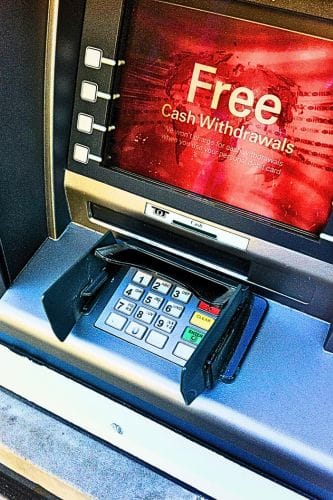Understanding Stored Value Wallets vs. Staged Wallets
In the evolving landscape of digital payments, wallets have become essential tools for managing funds, but not all wallets function the same way. Two common types – stored value wallets and staged wallets – serve distinct purposes, each with their own unique characteristics suited to different uses. This article explores the key differences between these wallet types, with a focus on their structure, functionality, and application.
Stored Value Wallets
A stored value wallet holds a prepaid balance of funds that users can spend directly for transactions such as purchases, transfers, or bill payments. These wallets must be pre-funded, which means that users are required to deposit money – using methods like bank transfers, card payments (Account Funding Transactions), or cash deposits – and have sufficient funds available before using the balance. The funds are stored in a wallet and are managed by the wallet provider, a regulated organisation that is often often a financial institution or fintech platform.
Key Features:
- Funds are held in the wallet, ready for immediate use.
- Transactions are deducted directly from the wallet balance.
- Wallets are often linked to loyalty programs, gift cards, or prepaid cards.
- Examples include PayPal and prepaid transit cards.
Use Cases: Everyday spending, online shopping, peer-to-peer (P2P) transfers, or managing funds in a single, accessible place.
Advantages: Simplifies budgeting as users can only spend the balance they have available; widely accepted for various transactions.
Limitations: Requires pre-funding, which could delay usability if funds are not readily available.
Staged Wallets
A staged wallet, also known as a pass-through or transactional wallet, does not store funds long-term but acts as an intermediary to facilitate transactions by linking to an external funding source, such as a credit or debit card. When a user initiates a transaction, the wallet temporarily “stages” the funds, pulling them from the linked source (often via an AFT) and routing them to the recipient or merchant, which sometimes uses a back-to-back funding process with an OCT for direct transfers.
Key Features:
- Funds are not held in the wallet, the wallet serves as a transaction conduit.
- Transactions are funded in real-time from linked accounts or cards.
- Often used for seamless, on-demand payments without pre-loading.
- Examples include PayPal and certain configurations of payment apps.
Use Cases: Contactless payments, in-store purchases, or instant P2P transfers where funds are drawn directly from a linked source.
Advantages: Eliminates the need to pre-fund, offering flexibility and convenience; supports larger transactions based on the limits of the linked account.
Limitations: Relies on the availability of funds in the linked source; may involve transaction fees or delays if the funding source is slow to process.
Key Differences
|
Feature |
Stored Value Wallet |
Staged Wallet |
|---|---|---|
|
Fund Storage |
Holds a prepaid balance for direct use. |
Does not store funds; pulls funds from linked source. |
|
Funding Requirement |
Requires pre-funding before transactions. |
Funds are drawn in real-time during transactions. |
|
Transaction Speed |
Instant, as funds are already available. |
May depend on the speed of the linked source. |
|
Use Case |
Budgeted spending, gift cards, P2P transfers. |
Instant transfers to other wallet users on the platform. |
|
Flexibility |
Limited by available balance. |
Limited by funds in linked account. |
Conclusion
Choosing between a stored value wallet and a staged wallet depends on user needs and payment preferences. Stored value wallets are ideal for controlled spending and scenarios where users want to manage a fixed balance, such as for gifting or small-scale transactions. Staged wallets, on the other hand, offer greater flexibility by allowing access to multiple external funding sources.
As digital payment systems continue to evolve, understanding these distinctions will empower industry professionals to select the right wallet for their development needs.
Explore the Future of Payments
The global payment ecosystems continues to evolve with technologies like AI, tokenisation, and real-time payments.
Stay ahead of the game by diving deeper into the world of payment processing.
Have questions or need expert insights? Contact us.







